Within the past week, serious tensions flared up again between Israel and Palestine, after Hamas, the leading militant group in Gaza, staged a terrorist attack on Israel.
The attackers killed nearly 1,000 Israelis in the most brutal fashion, with at least 150 taken hostage. In retaliation, Israel declared war and a complete siege of Gaza. As we know, Israel’s blitzkrieg and Hamas’ retaliations are a matter of increasing number of deaths, at least above 2,000 as of this writing. Nearly 400, 000 are displaced, sheltering in UN refugee camps or loafing scarily for shelter. The war is becoming hydra-headed with Hezbollah and other extremist Islamists groups lending a hand to Hamas.
Join our WhatsApp ChannelREAD ALSO: Gaza- Israel Crisis: Over 260,000 Displaced Says United Nations
The most important fallout of the war in terms of global action has been the usual divide in support for the war, with the Arab world, supporting Palestine, while the US-EU axis expressed support for Israel, or so it seems now. The rest of South America and Africa will condemn the Hamas attacks and call for peace, without expressing support for anyone, except in cases where an African country is a deadly western puppet, e.g., Nigeria. As is the case with the war over the years, blame game immediately follows, with Israel and Hamas futilely explaining why they should be vindicated for their actions, and why the global public opinion should support them. We are also going to hear more platitudes about the history of the war and conflicts since the end of the 19th century, as well as about past peace efforts and agreements, which place the blame on one side depending on who is telling the history.
The Tussle for Global Influence and the Shame of the World
The mix of interests in BRICS, NATO & the Middle East is clearly compounding global peace, especially as the mix has become profoundly complex due to the impossible nature of the implications of shifts in global alignments. Former sworn enemies in global politics and diplomacy have recently attempted a rapprochement, creating more tensions between other allies. For instance, Israel and Saudi Arabia (which does not recognise Israel’s sovereignty) sought to normalize relations since 2023, and the efforts are a threat to the peace efforts that also started between Saudi Arabia and Iran, as the latter is a sworn enemy of Israel. In a similar fashion, the ongoing peace efforts between Saudi Arabia and Iran may complicate relations between the US and Saudi Arabia, and between Israel and the US due to issues about Israeli stance on the Russia-Ukraine War.
The two World Wars had climaxed the quest by nations to control others. Since the end of both wars, the hunt for global domination persists, and is the main cause of the current global crisis. The quest for global influence also climaxed with the Cold War between the US and the defunct Soviet Union, which has thawed to resurrect new US-Russia-China-EU tensions, exemplified in the United Nations, NATO, BRICS, IMF and World Bank games. The main product of the tensions is the victory of economic and political interests over common sense and human lives. Syria, Libya, Haiti, Venezuela, Ukraine, Lebanon, South Africa, Mexico, Afghanistan, Iraq, etc., are countries where the human race has shown an interesting tendency to cannibalism in the race for national interests. It is the race to dominate Africa that has fractured the continent and left many of its nations fragile, and hotbeds of coups and insurgencies. As people die in Africa, the global media seem to gloat in picturing hunger, insecurity and calamities, and the withdrawal of foreign aid to foreign-pillaged lands.
The Russia-Ukraine Connection to the Israel-Gaza War
Some analysts have therefore alluded to the ripple effects of global expansionist interests in the ongoing war between Israel and Hamas. Israel has not directly condemned Russia nor announced sanctions, though it is a longtime ally of the US. Israel is the “largest cumulative recipient of US foreign assistance since World War 1,” according to the Congressional Research Service. Ukraine hosts over 200,000 Jews as its nationals, with the potential to return to Israel as citizens anytime. For this, Israel’s neutrality in the Russia-Ukraine war has surprised many. But there are explanations.
Russia supports the Syrian government, whose country shares a land border with Israel in the north. The border is crucial to Israeli security because the Iranian-backed Hezbollah operates there. Israel conducts air raids at the Syrian Boarder to stop the transportation of weapons to Hezbollah and other fighters. Russia’s support is needed for such airstrikes to succeed, thus explaining why Israel wants to be careful about alliance with the contending forces, all of whom are critical to Israel’s security and international engagements.
Israel’s non-provision of military assistance to Ukraine is not satisfactory to the US and its NATO allies. This appears to be the reason that the US did not support the judicial overhaul by the Israeli government, which the US and other western powers see as the most far right regime in decades. Some have wondered that this situation may have compromised the support of US intelligence in unravelling the Hamas plans to attack Israel. Instead, the US has been quick to exonerate Iran of complicity in terms of intelligence and military support to Hamas towards the attack on Israel. Does the US have some idea who helped Hamas? Or is it a tacit praise to Hamas for singlehandedly evading Israel’s advanced intelligence network in planning the attack, especially in arming the invaders, who infiltrated Israel perhaps for months. The western media have also framed the attack implicitly as heroic, a surprise, and a shame to Israel’s much-touted intelligence acumen
How Israel-Palestine Conflicts Drive Global Conflicts
Since its independence in 1943, Lebanon has been unstable due to power tussles between the US, Iran, Saudi Arabia and Syria. Religion, the Israeli-Palestine question, mutual suspicion and hatred, regional politics and oil are in the centre of the unease. Russia, Iran, Saudi Arabia, Qatar, Israel, the US and Turkey have all flexed muscle in Syria, helping to start and escalate war in that country since 2011. European allies like France, the United Kingdom, and Italy, as well as other regional players like Jordan, and the UAE are involved. Ironically, the use of insurgents by the contending powers either created or emboldened deadly (government) opposition fighters in Syria, the Syrian Kurds and the Islamic State, which all the opposing powers claim to be fighting as an objective for peace in Syria.
The Syrian war has killed more than 600 thousand people, with 6.9 million internally displaced people flocking to Lebanon, Turkey, Jordan and Europe, where they have stretched lean resources and contributed to social unrest. The Islamic State was an outgrowth of US interests in the Middle East following the invasion of Iraq in 2003 and the Syrian war of 2011 to date.
In all this, the conflict and wars between Israel and Gaza are a shame to the world. The intractable nature of the conflicts shows that the United Nations (UN) is not interested in finding lasting peace. This is largely because the UN has become a monster, where contending interests about global economic advantage has sacrificed global unity and peace, on which the founding of that organisation stands. The UN is fast becoming a talk shop of warmongers, only able to muster contracts for its agencies to provide relief efforts, humanitarian aid, and corridor, without any end to the continual war. The World Food Programme is currently offering food aid to hundreds of refugees sheltering in the UN Relief and Works Agency for Palestine Refugees (UNRWA). The WFP is seeking about $16.8 million to meet its needs for the nearly one million people in need of aid by November.
The shamelessness of the world is callous and unnerving, with a high-level lack of concern for human life and integrity. The contending forces need to be constantly reminded of their self-destructing interests, which are sacrificing global peace efforts. The Israeli-Palestine question can be answered only when the contending interests seek a melting point. The world must address the conflicts. Luckily, the new shift in alliance between former enemies may provide the magic wand to resolving the Middle East impasse. Egypt, Jordan, the United Arab Emirates and Bahrain have normalized (or still normalizing) relations with Israel. Saudi Arabia and Iran should further consolidate on their own peace deals to fast-track peace in the region, which must also deal with the Syrian conundrum and the Iran-Israel standoff, which may even be a more unspoken proxy issue in the festering Israeli-Palestine sore.
Dr Mbamalu, a Jefferson Journalism Fellow, is Publisher/Editor-in-Chief of Prime Business Africa and former Editor at The Guardian, Nigeria. He wrote this piece from Hawaii, United States.
Follow on X: @marcelmbamalu
Dr. Marcel Mbamalu is a communication scholar, journalist and entrepreneur. He holds a Ph.D in Mass Communication from the University of Nigeria, Nsukka and is the Chief Executive Officer Newstide Publications, the publishers of Prime Business Africa.
A seasoned journalist, he horned his journalism skills at The Guardian Newspaper, rising to the position of News Editor at the flagship of the Nigerian press. He has garnered multidisciplinary experience in marketing communication, public relations and media research, helping clients to deliver bespoke campaigns within Nigeria and across Africa.
He has built an expansive network in the media and has served as a media trainer for World Health Organisation (WHO) at various times in Northeast Nigeria. He has attended numerous media trainings, including the Bloomberg Financial Journalism Training and Reuters/AfDB training on Effective Coverage of Infrastructural Development of Africa.
A versatile media expert, he won the Jefferson Fellowship in 2023 as the sole Africa representative on the program. Dr Mbamalu was part of a global media team that covered the 2020 United State’s Presidential election. As Africa's sole representative in the 2023 Jefferson Fellowships, Dr Mbamalu was selected to tour the United States and Asia (Japan and Hong Kong) as part of a 12-man global team of journalists on a travel grant to report on inclusion, income gaps and migration issues between the US and Asia.

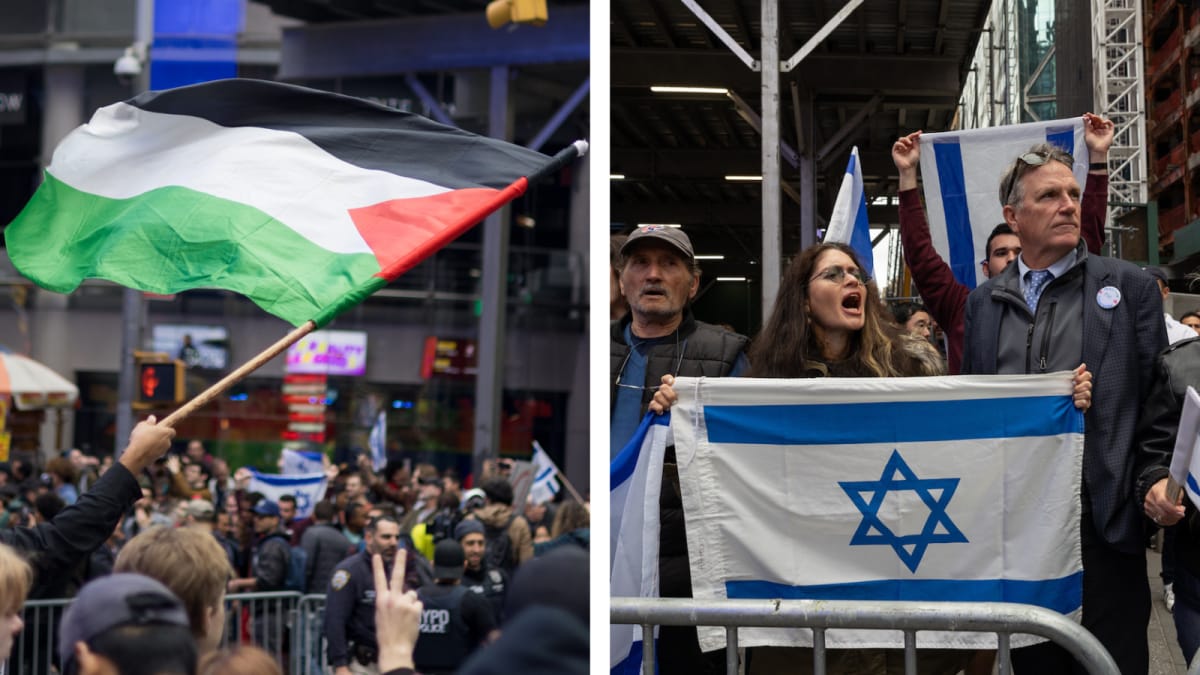





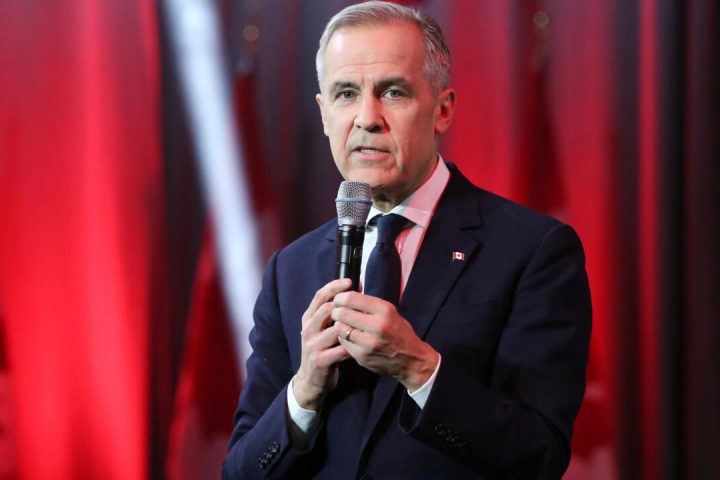








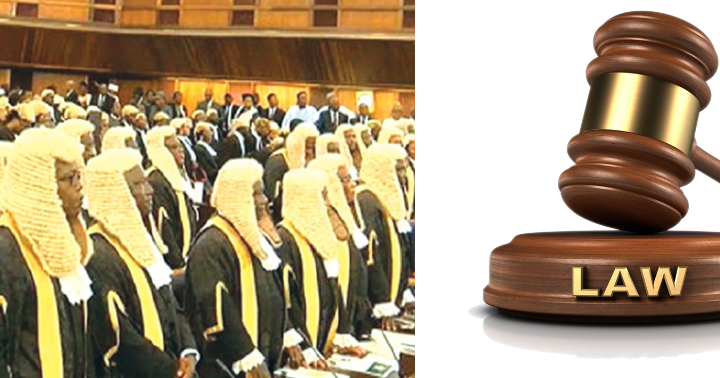
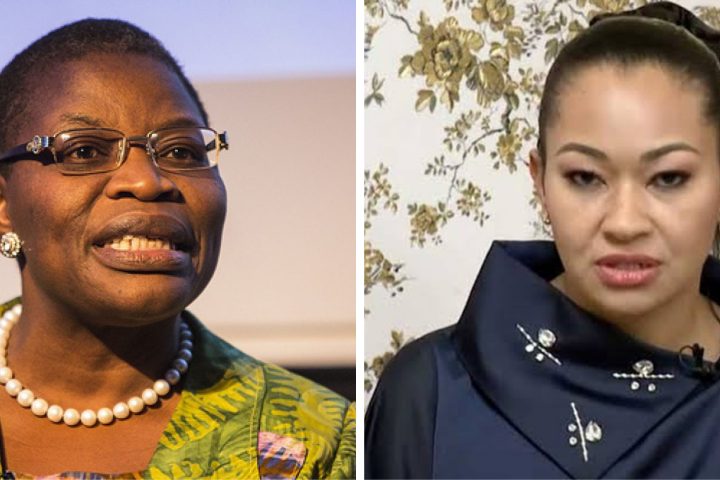
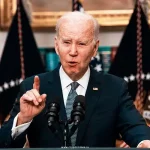
Follow Us